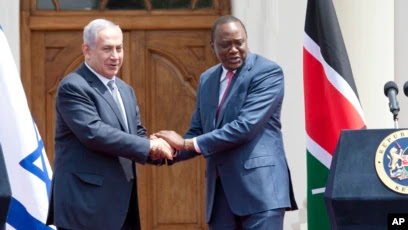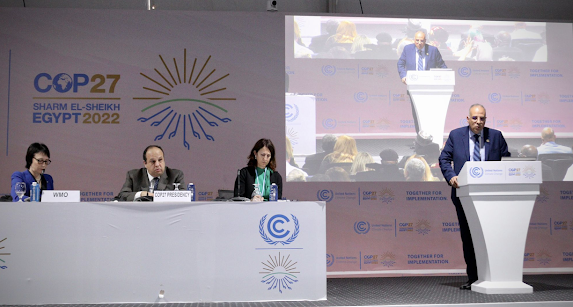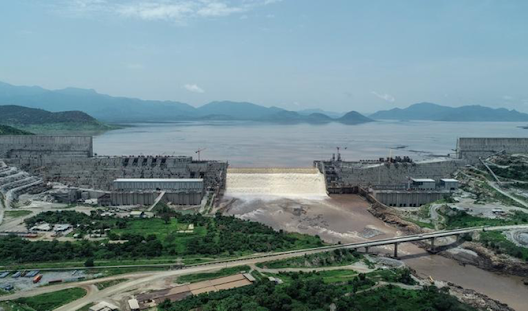Blog 5: Israel in Africa: Irony, neo-colonialism or just a helping hand?
Israel in Africa: Irony, neo-colonialism or just a helping hand?
Israel in Africa:
While many African countries have voted ‘in favour of pro-Palestinian resolutions at the United Nations General Assembly’, Israel is known to be widening its presence in Africa, namely Kenya and South Africa. One may wonder if this is a form of neo-colonialism and if history is repeating itself, albeit in a more modern way.
Israel is world-renowned for its technological advancements in water development and other sustainability projects, to the point where the title ‘superpower of sustainability’ is given to the country. Israel offers consultations regarding water access, ‘deep irrigation, desalination, leak detection, drawing water from the air and wastewater recycling.’ For example, Energiya Global, an Israeli company, plans to finance $2 billion worth of projects across Africa, many of which are concerned with water.
The politics of this intervention:
Water is a concern across Africa - its quality, distribution and role within society are something vital to human life. No doubt what Israel has done and what they propose will help many Africans, however, one cannot but see some sort of neo-colonialisation in this venture. Indeed, by developing relationships beyond the Middle East, Israel is less weak in the eyes of its rivals across the Arabian peninsula. This can be seen as a part ‘of the securitisation and privatisation of Israel’s foreign strategy in Africa.’ Africa is being used again to fulfil the political desires of other countries. By expanding its influence beyond its borders, Israel is legitimising itself on the global stage.
The irony of this Intervention:
For many who have seen or experienced the water crisis in Palestinian regions across the country, this lending of expertise regarding water access by the Israeli government and companies seems totally ironic. Just one example of this would be when the Israeli Defence Force was accused of destroying Palestinian water facilities: ‘In 2020, 84 of the 849 structures that were destroyed in the West Bank by Israel were water and sanitation structures (HRC, 2021) (Rudolph and Kurian, 2022: 81).’
Water has remained a prominent issue between Israel and Palestine for decades (Dai, 2021: 1), indeed many Israelis believe, should they lose control over water, it would threaten their national security: ‘“accepting an independent Palestinian state on the West Bank, and hence relinquishing control of the territory’s resources, is interpreted by some as equivalent to an act of national suicide” (Bridges, 2016: 4).’ Indeed, the intervention in Africa appears the on-going struggles of politically induced hardship of many Palestinians.
The CEO of an Israeli tech company, BlueGreen Water Technologies, Eyal Harel, said “we want to help South Africans realize their basic human right to clean water” by using its technology to reduce algae blooms in dams. This makes me think, when will the Palestinians be helped with realising their basic human right to water? Indeed, in several communities within the West Bank, Amnesty believes water consumption to be 'as low as 20 litres per person a day'. Moreover, with the current blockade of Gaza, Oxfam claims ‘less than 16% of items needed to construct vital water infrastructure are reaching’ the area. Quite simply, as Palestinians say: “The problem is not a shortage of water but the occupation’s control of our water.”





Comments
Post a Comment